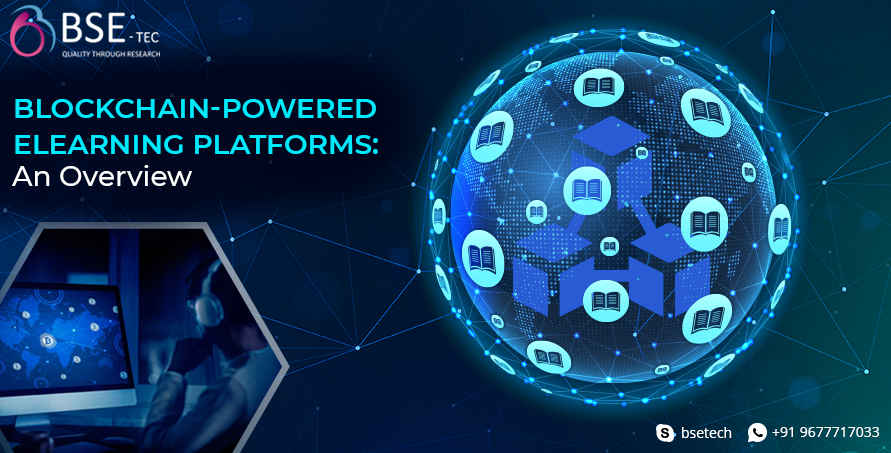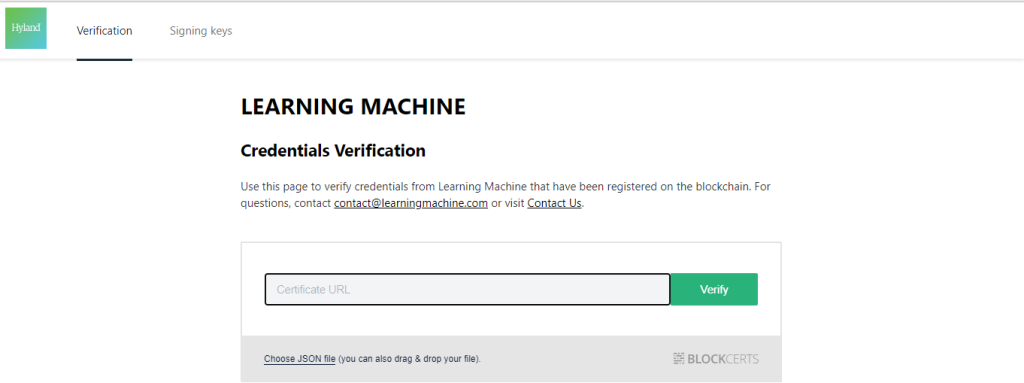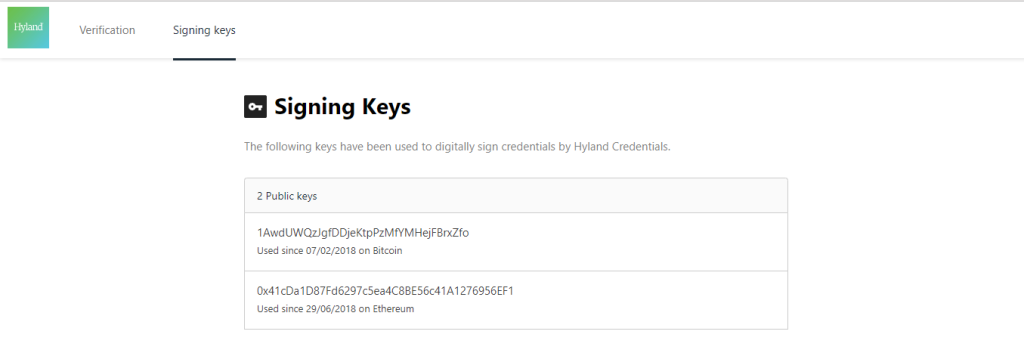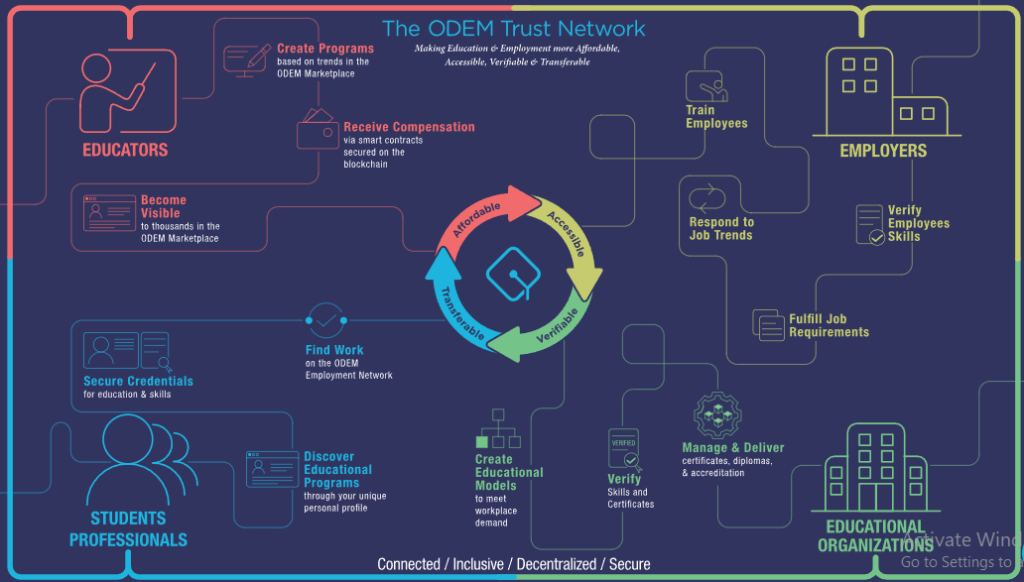Blockchain-Powered eLearning Platforms: An Overview

Several organizations and platforms have already implemented blockchain technology in online learning, showcasing its potential to eliminate fraud and enhance the learning experience. Let’s explore some notable case studies:
1. Learning Machine (now Hyland):
Learning Machine, in partnership with the Massachusetts Institute of Technology (MIT), developed the “Blockcerts” open standard for issuing and verifying digital credentials using blockchain technology.

The blockchain-based digital credentials, digital signing involves using a private key to create a unique digital signature for each credential issued by Hyland Credentials. The private key is a critical component of public key cryptography, and it is known only to the issuer (Hyland Credentials) and kept secure.

When Hyland Credentials issues a digital credential to a recipient, they sign the credential using their private key, generating a digital signature that is unique to that credential and the issuer. The recipient can later use this signature and the associated public key of Hyland Credentials to verify the authenticity and integrity of the credential.
Digital signing provides a way to ensure that the credentials issued by Hyland Credentials cannot be tampered with or altered by any unauthorized party. Verifiers can use the digital signature to confirm that the credential indeed originated from Hyland Credentials and has not been modified since issuance. By leveraging blockchain, Learning Machine (Hyland) ensures digital credentials’ integrity, security, and portability, reducing the risk of fraud and enabling lifelong learning opportunities.
2. Sony Global Education
Sony Global Education, in collaboration with IBM, developed a blockchain-based platform called “Global Math Challenge.” This platform utilizes blockchain technology to securely store and verify students’ math skills. By leveraging blockchain, Sony Global Education ensures the integrity of students’ achievements, making it impossible for anyone to manipulate or counterfeit their math scores. This eliminates the risk of cheating and provides a fair and transparent environment for students to showcase their abilities.
3. ODEM
ODEM, a global education marketplace, utilizes blockchain technology to streamline the process of acquiring and verifying academic certificates.

ODEM takes the middleman out of the equation and facilitates transparent verifiable and transferable assets. Through their platform, students can securely store their educational records on the blockchain, ensuring their authenticity and making them easily accessible to employers and educational institutions. ODEM’s blockchain-based solution simplifies the verification process, reducing administrative costs and providing a trusted environment for employers to verify the qualifications of potential hires.
These case studies highlight the successful implementation of blockchain technology in online learning, demonstrating its potential to enhance security, streamline processes, and foster trust in the education ecosystem. Get in touch with BSEtec for a power-packed Learning Management System.
Did you find this article useful? Let us know by leaving a comment below, or join us on Twitter and Facebook.




